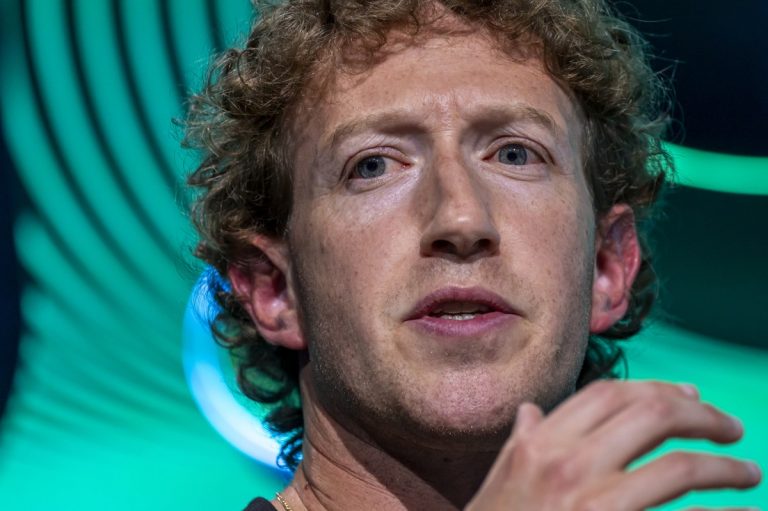Wayne Rooney could be forced to leave the UK for work following his recent departure from Plymouth, Teddy Sheringham believes.
The 39-year-old only took charge of the Pilgrims back in the summer after a dire stint with Birmingham.
Yet Rooney’s time with the Championship side failed to pay off, with the former Manchester United and Everton star brutally sacked on New Year’s Eve.
It is unclear what the future holds for the football icon who, for all his quality as a player, is yet to prove himself in management.

Wayne Rooney could be forced to leave the UK for work following his recent departure from Plymouth, Teddy Sheringham believes
PA
And Sheringham, speaking to Boyle Sports, who offer the latest Premier League odds, has now expressed a belief that Rooney might have to leave the United Kingdom in search of work.
“With Wayne Rooney leaving Plymouth, it does make you wonder what he does from here,” he said.
“I went into management in League Two and if that goes badly, where do you go from there? No one will take a chance in the division above if it didn’t go well in a lower tier.
“For Rooney it’s tough and it will be interesting to see how will employ him after he struggled in the Championship.
“But I’m sure he will persevere, he wants to be a successful manager and may have to leave the country to get a new experience and learn his trade.”
A number of English managers have gone abroad over the years.
Sir Bobby Robson had spells with PSV Eindhoven, Sporting Lisbon, Porto and Barcelona throughout his own career.
Roy Hodgson had spells in Switzerland, Denmark, Italy and even Finland while he chose to occupy the dugout.
READ MORE:Luke Littler receives special invite just days after outstanding World Darts Championship win
And Terry Venables and Steve McClaren have also opted to pursue opportunities overseas as well.
Rooney, meanwhile, thanked Plymouth fans for their support after being axed last week.
He also praised the club’s board for the faith they showed, despite being dismissed with the team fighting relegation.
“I would like to take this opportunity to thank the board of Plymouth Argyle Football Club, in particular Simon Hallett and Neil Dewsnip who I shared great relationships with,” he said.
LATEST SPORTS NEWS:

Wayne Rooney previously struggled during his time as Birmingham manager
PA
“Thanks also to all the staff who made me feel welcome and who make the club such a special place, the players and fans for their efforts and support during my time as head coach and I wish them all the best for the future.
“To the Green Army thanks for making the games at Home Park so special, they are memories that we will share forever.
“I would also like to give a special mention to my coaching staff Kevin Nancekivell, Simon Ireland, Darryl Flahavan and Mike Phelan for their knowledge, dedication, help and support.
“Plymouth Argyle will always hold a special place in my heart, and I will continue to look out for and take interest in their results.”

Wayne Rooney has been forced back to the drawing board following his departure from Plymouth
PA
Plymouth are next in action in the third round of the FA Cup on Saturday, with the Championship side due to face Brentford.
Kevin Nancekivell and Joe Edwards will oversee that showdown, having been placed in charge of the team on an interim basis.


























+ There are no comments
Add yours